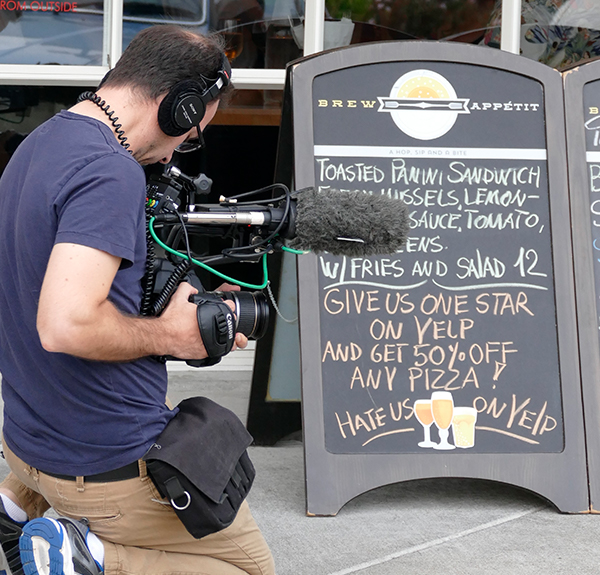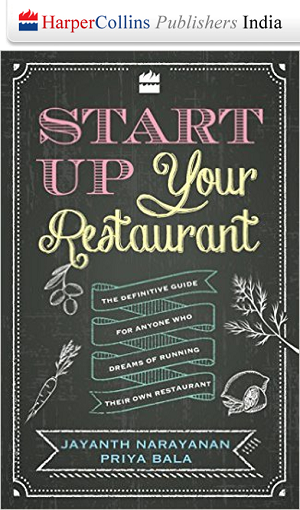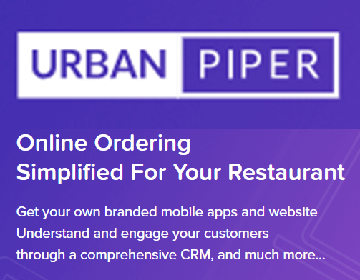

Those who hadn’t heard of Chef Davide Cerretini before, certainly did after the recent release of Million Dollar Bully, a documentary about Yelp. The film that alleges Yelp extorts small business owners for advertising fees in return for helping to manage reviews on their platform, featured Cerretini, who runs Botto Bistro, an Italian restaurant in Richmond, California. The chef-restaurateur garnered media attention in 2014 when, angry and frustrated by Yelp reviews controlling the fortunes of his business – unfairly, according to him – he decided to turn the tables. Cerretini put up a sign outside his restaurant that said ‘Give us a one star review on Yelp and get 25% off any pizza! Hate us on Yelp’. It worked wonders and he was freed from the tyranny of the Yelper.
Restaurateurs here, especially first-time entrepreneurs and small business owners, may well be thinking ‘If only…’ It’s no secret that many of them feel as if held to ransom by crowd-sourced review platforms because they believe that the rating on 5 can make or break their business. Few would disagree that unbiased reviews by informed diners are an essential element of any eating out scene. Glowing reviews can bring customers to your door and negative ones can become constructive feedback.
Why the very mention of crowd-sourced reviews makes restaurateurs see red is that they feel it is unfairly skewed against them and their interests. Cerretini called Yelp out, saying he saw his ratings fluctuate, depending on whether he paid the platform or not. Here, similar allegations are made, but we have no proof of that. What is clear, though, is that people with limited food literacy and even scantier writing skills – but that I shall leave for another occasion – write up or bring down restaurants simply because they can. What value can the potential restaurant-goer glean from learning that ‘It was hubby dear’s birthday and they were good enough to give us complimentary dessert’ or ‘Portion was less’?
Then, there is the issue of ‘reviewers’ resorting to unscrupulous practices. Restaurateurs tell me they have been told upfront by ‘influencers’, ‘Pay x amount if you want a positive review’. Worse, ‘I’ll give you two stars if you refuse me free cocktails’. This is not conjecture. It happens. And it is a damaging and unwelcome trend.
One member of a food group on FB had asked: ‘I find an interesting pattern with reviewers (with some weirdo fancy handle name) with hundred/thousands of followers writing 5* reviews and what appears to be a genuine (10-15 total review holder) writing a more balanced and genuine looking 3* review.
Anyone else smells a rat with reviews?’ The comments that followed all pointed to the fact that the crowd-sourced review platforms have also bred a group of freebie-seekers with poor credentials.
Which, I guess, is why the late and much-loved Anthony Bourdain had this to say: There’s really no worse, or lower human being than an elite Yelper. They’re universally loathed by chefs everywhere. They are the very picture of entitled, negative energy. They’re bad for chefs, they’re bad for restaurants. You know, you open a restaurant, you struggle for a year to put together the money, you work your heart out, and then 10 minutes after opening, some miserable b-stard is tweeting or Yelping, ‘Worst. Dinner. Ever.’
The crowd-sourced platform and its reviewers are here to stay. So, what are restaurants to do? They should treat the dubious reviews as such; I wouldn’t lose sleep over those. And if you are putting out a genuinely good product, you shouldn’t worry about the negative reviews, even scores of them. Your food and service should do the talking. I have heard troubling reports of wait staff telling customers they will waive a couple of drinks off the bill if they write a positive review mentioning their name. Are the restaurants empowering staff to do this, or giving incentives for being mentioned in reviews? In any case, it’s a tacky strategy. I find it pushy and offensive when, at the end of the meal, a waiter or manager says, ingratiatingly, ‘Please write a review on Zomato’.
In case of grossly unfair criticism and assaults on your reputation in the garb of a review, you might wish to put out a clear, but restrained response. Never, though, get into public spats. That just becomes online entertainment for some.
The good news is that fewer and fewer discerning diners are basing their eating out decisions entirely on ratings on review sites. May their tribe increase.










